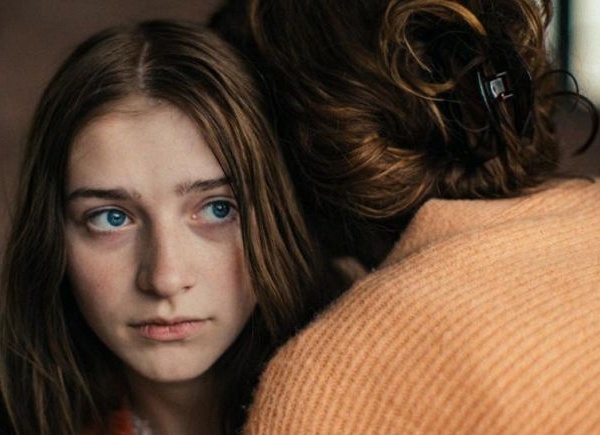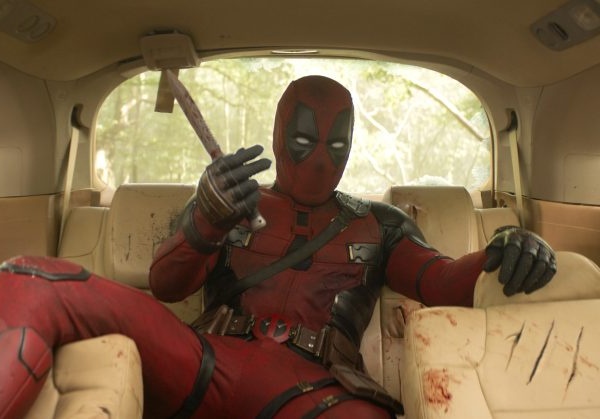Since the writers strike, streamers have been trying to figure out an acceptable new model with which to pay creators. According to a new report, Apple has quietly come forward with what it believes could be the answer.
Bloomberg reported Monday that Apple has met with talent representatives to propose a new compensation model that would pay creators based on a show or movie’s performance, no longer paying a premium up front to buy out an individual’s backend earnings.
Bloomberg obtained a memo that suggests creators would get bonuses based on three criteria: (1) how many people sign up for Apple TV+ to watch your program, (2) the amount of time people spend watching it, and (3) how much your program costs relative to how many people watch it. The creatives behind three best-performing shows could make as much as $10.5 million for a single season of television.
Apple’s plan however isn’t final, and the company is still seeking input from agents and talent, according to Bloomberg. It also would only apply to shows or movies that Apple produces in-house, not ones that are acquired.
Reps for Apple did not respond to IndieWire’s request for comment.
Apple would not be alone in trying to figure out new ways of paying creative talent. Bloomberg additionally reported Netflix and Amazon are tinkering with their own such proposals; neither have come forward publicly with their plans. Puck last week added that Netflix recently hired former Skydance executive Jun Oh to work under film chief Dan Lin to crack a new compensation structure.
Reps for Netflix did not respond to IndieWire’s request for comment.
One of the main cruxes of the writers strike was how streaming shattered the way people got paid in Hollywood for years. Netflix popularized paying creatives as if every show or movie was a success, making up for the fact that they wouldn’t get syndication residuals or points on a box-office hit. It’s why an action movie like “Red Notice” costs $100 million more to make than if it was being greenlit at a traditional studio, with much of that money going to the lead actors. Ted Sarandos has said it was the way most creatives preferred, for a while at least.
The problem was that over time people on a wildly successful streaming show were making the same as someone who had a modest performer. In theory, quality was devalued. As part of the strikes, writers fought for a bonus based on success: 50 percent of one’s fixed streaming residual if at least 20 percent of users watch it domestically. They also wrenched some data transparency out of the streamers so they could better negotiate deals for themselves moving forward. And the DGA even got this deal retroactively.
That model though doesn’t account for some of the other factors Apple is reportedly proposing, including how many people sign up for the streamer or the amount of time it’s viewed. It sounds like the wrinkles are still being ironed out. Kudos to Apple for being first, but when it comes to streaming, generally it’s been as Netflix goes, so goes everyone else.





